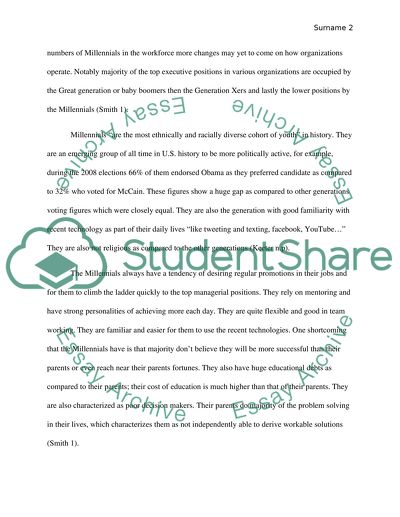Cite this document
(Millennials Group Literature review Example | Topics and Well Written Essays - 1250 words, n.d.)
Millennials Group Literature review Example | Topics and Well Written Essays - 1250 words. Retrieved from https://studentshare.org/social-science/1629689-millennials-argumentative
Millennials Group Literature review Example | Topics and Well Written Essays - 1250 words. Retrieved from https://studentshare.org/social-science/1629689-millennials-argumentative
(Millennials Group Literature Review Example | Topics and Well Written Essays - 1250 Words)
Millennials Group Literature Review Example | Topics and Well Written Essays - 1250 Words. https://studentshare.org/social-science/1629689-millennials-argumentative.
Millennials Group Literature Review Example | Topics and Well Written Essays - 1250 Words. https://studentshare.org/social-science/1629689-millennials-argumentative.
“Millennials Group Literature Review Example | Topics and Well Written Essays - 1250 Words”, n.d. https://studentshare.org/social-science/1629689-millennials-argumentative.


